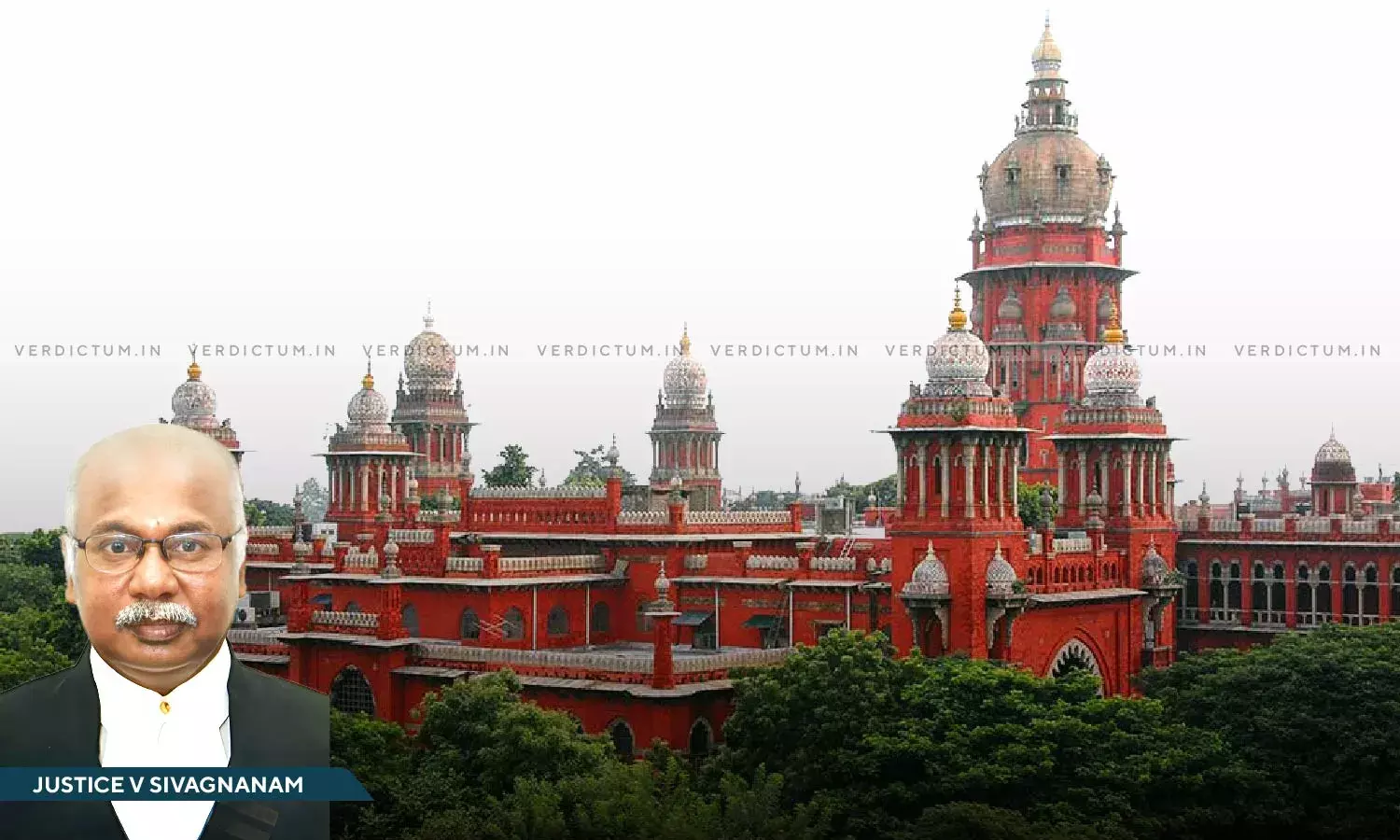Maintenance To Wife Cannot Be Considered Debt, Husband's Pension Can Be Attached Towards Payment Of Arrears- Madras HC

A Madras High Court Bench of Justice V Sivagnanam has allowed a criminal revision petition filed against a Judicial Magistrate's order which had dismissed a petition for attachment of pension for arrears of maintenance and for future maintenance.
In that context, it was observed that "Lawful claim due to a woman in distress should not be denied heartlessly and lawlessly. The conscience of social justice, the cornerstone of our constitution will be protected. Therefore, I hold that the maintenance allowance granted to wife cannot be considered as a debt and she is not a creditor. Hence, exemption under Section 11 of the Pension Act 1871 as well as the exemption provided in Section 60(1)(g) of Civil Procedure Code, cannot be granted to husband."
Counsel MS Rajeswari appeared for the petitioner, while Counsel V Gabrial appeared for the respondent.
In this case, the petitioner-wife had filed a maintenance petition in 1990, in which Rs. 500 was ordered as maintenance. Subsequently, this amount was enhanced to Rs. 4000 in 2013. The respondent-husband was working as a barber in the Indian Military and had failed to pay maintenance, resulting in arrears of Rs. 1,19,000.
As the respondent was retired, the petitioner moved to the Court, praying that his pension account be attached.
The Court noted that the issue for consideration was whether the maintenance allowance granted to the wife could be attached in view of the bar under Section 60(1)(g) of the Civil Procedure Code and Section 11 of the Pension Act 1871.
In light of the same, the Court observed that it was clearly held in the case of Bhagwat vs Radhika that the maintenance allowance granted to the wife cannot be considered as a debt and she is not a creditor.
Further, the Court also observed that "If the maintenance allowance is exempted under Section 11 of the Pension Act 1871, the consequence would affect the divorced women's interest", and illustrated that "if a Government Servant's wife has got divorced during his service period and she was awarded maintenance by the Competent Court, her maintenance amount was recovered from the salary of her husband and after his retirement, he may get only pension. In such circumstances, if it is exempted from the attachment, the maintenance provided to the wife by statute and by order of Court Decree would become infructuous." In light of the same, the Court observed that such an interpretation would not advance justice and adversely affect the measure of social justice to protect women.
Hence, it was held that the exemption under Section 11 of the Pension Act 1871 as well as the exemption provided in Section 60(1)(g) of Civil Procedure Code, could not be granted to the respondent. Accordingly, the petition was allowed.
Cause Title: P Amutha v. Gunsekaran
Click here to read/download the Judgment

